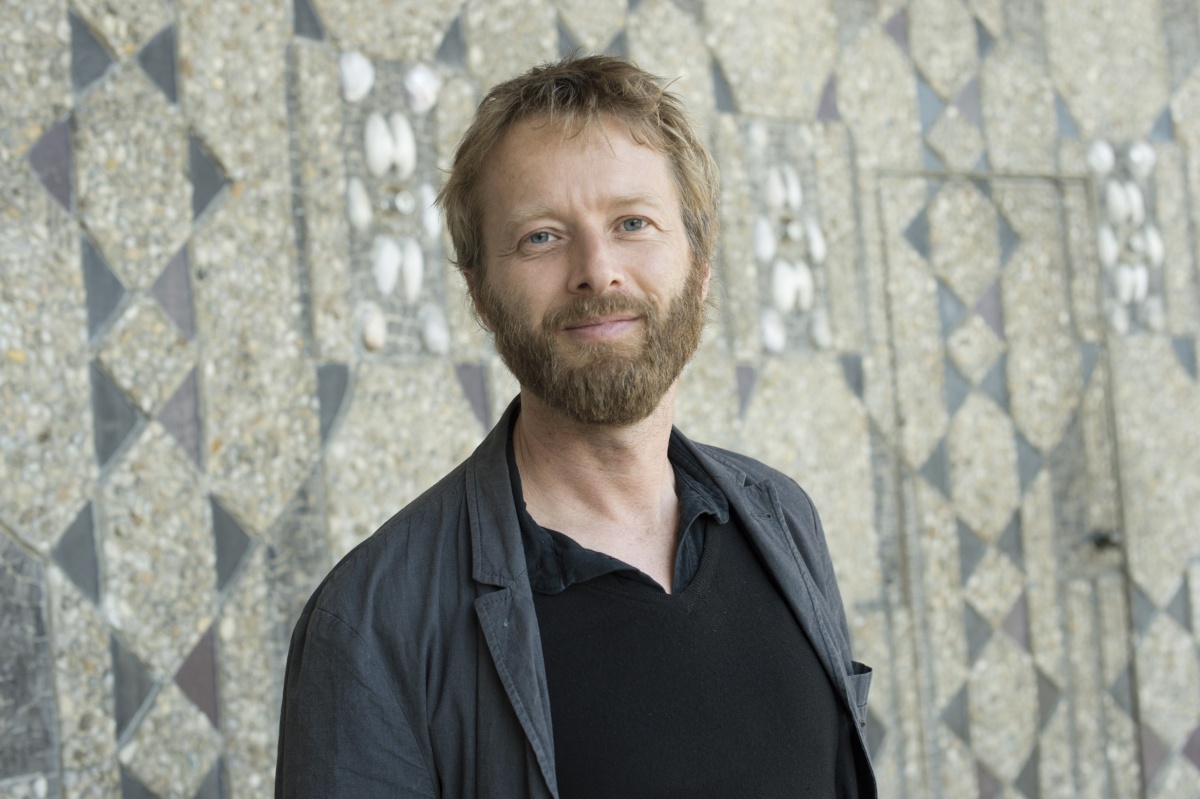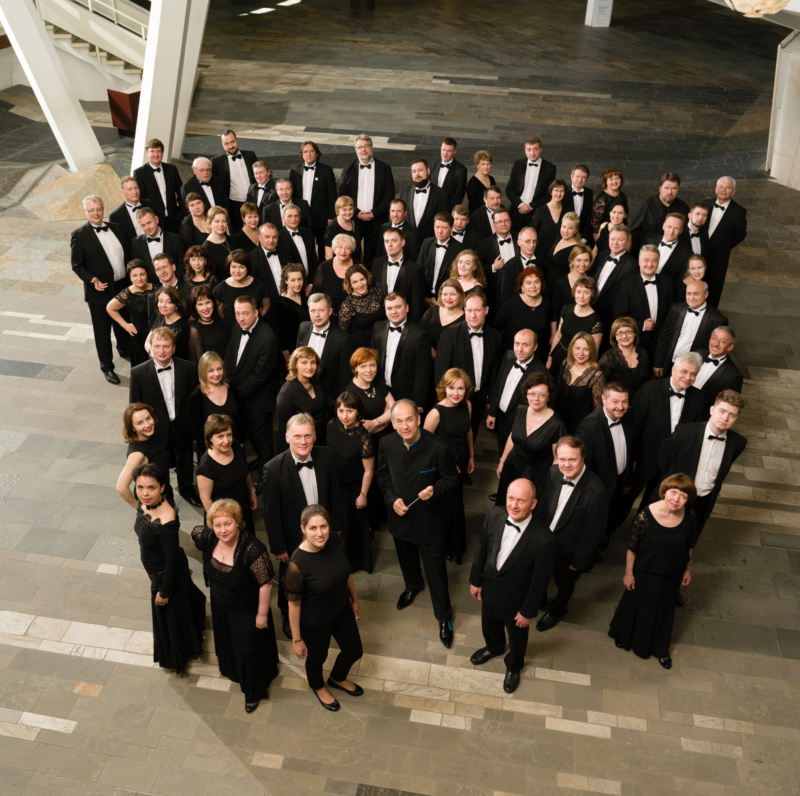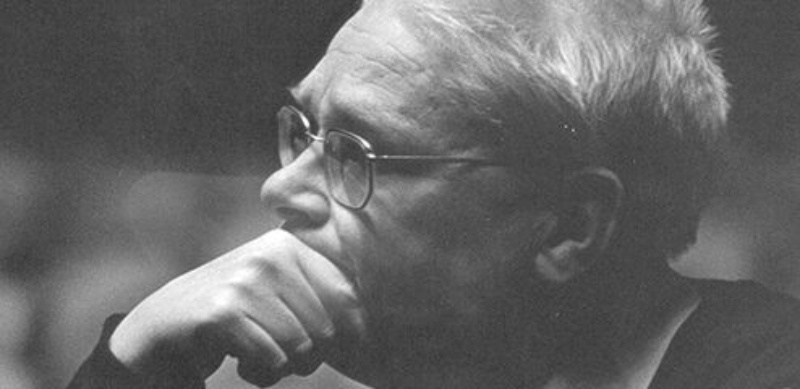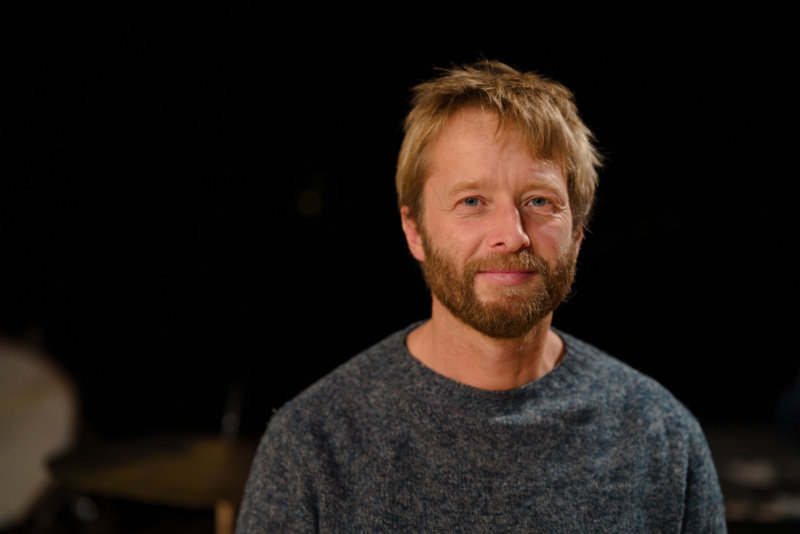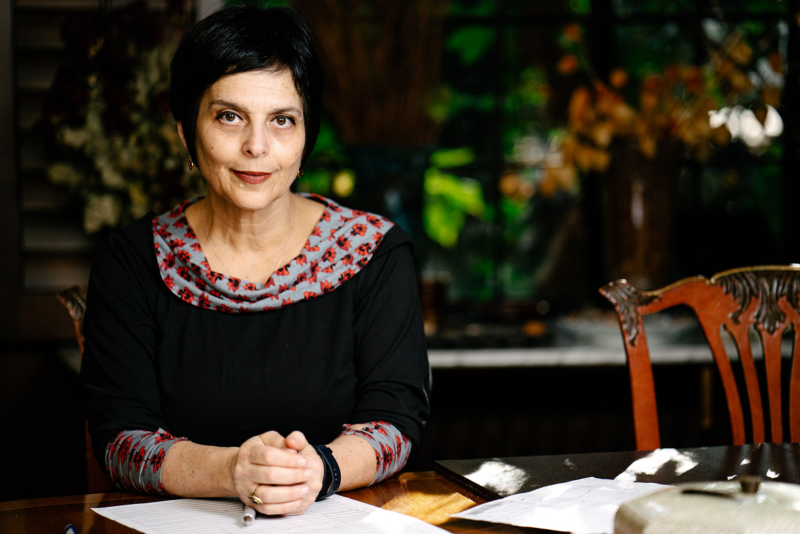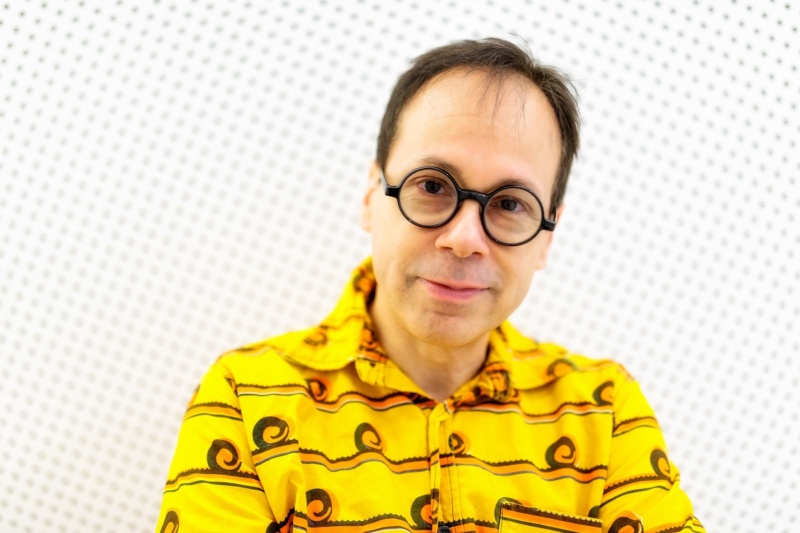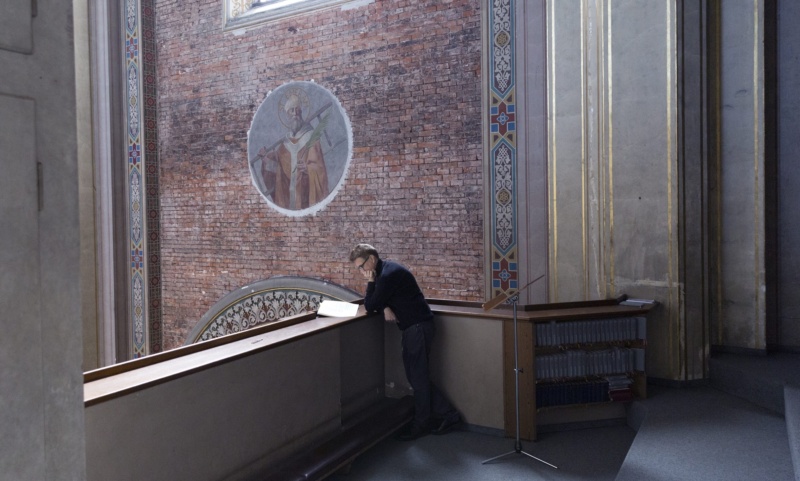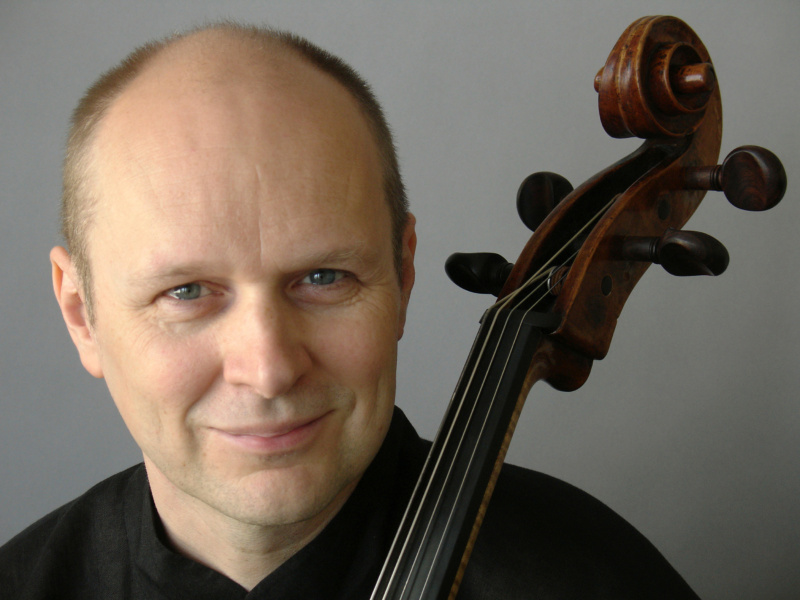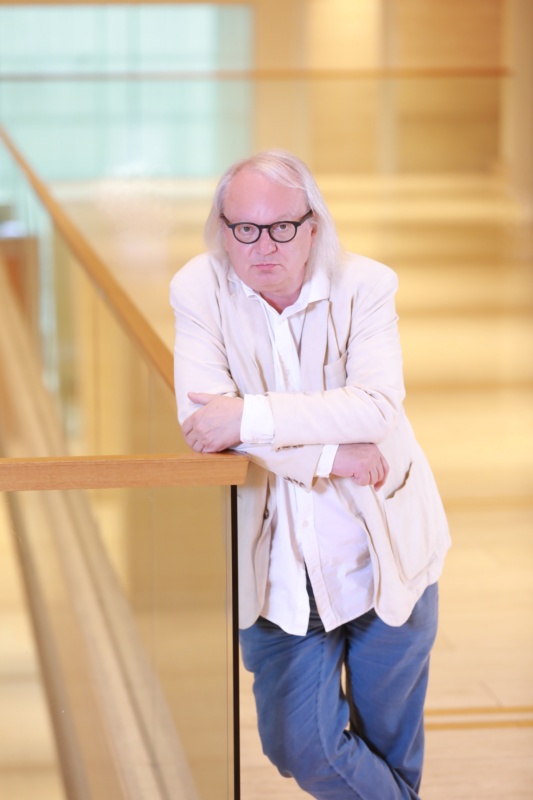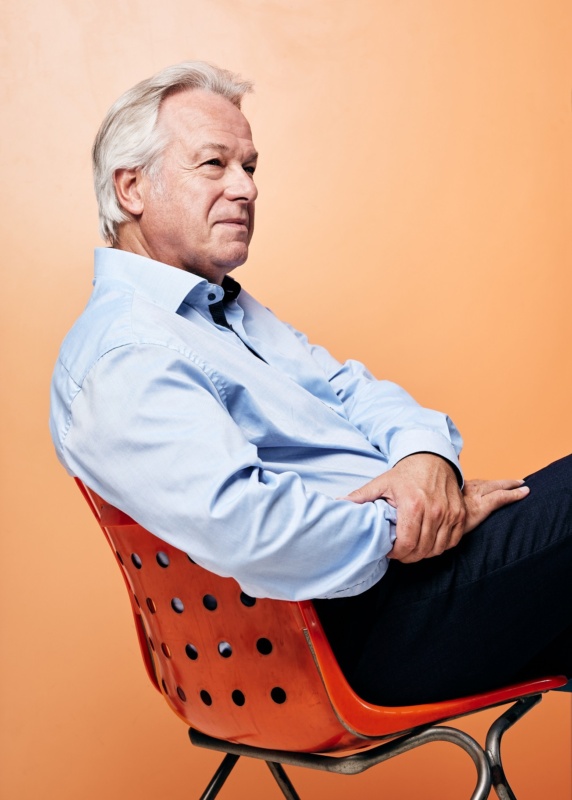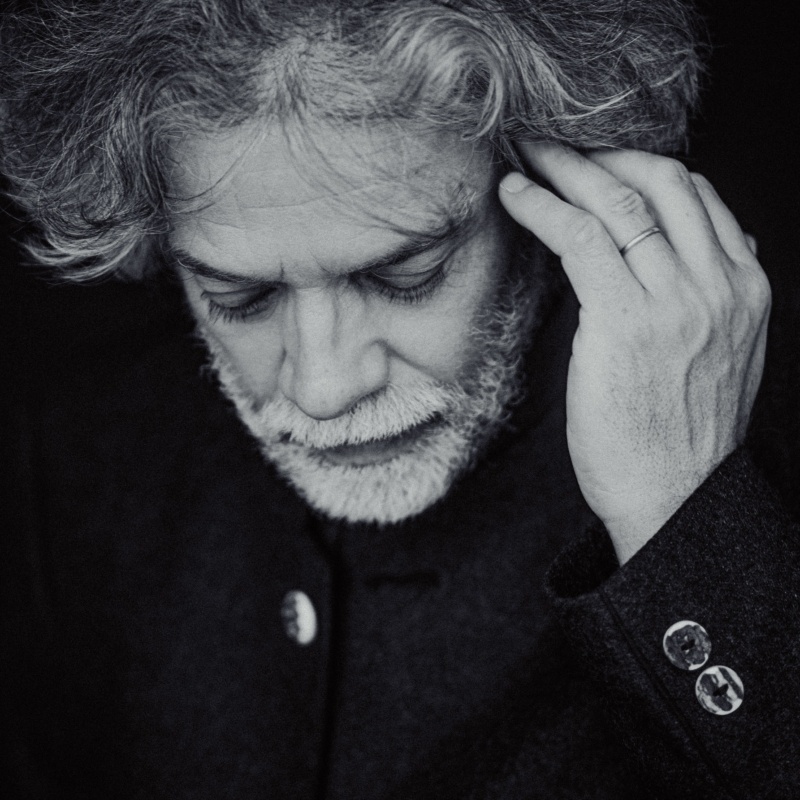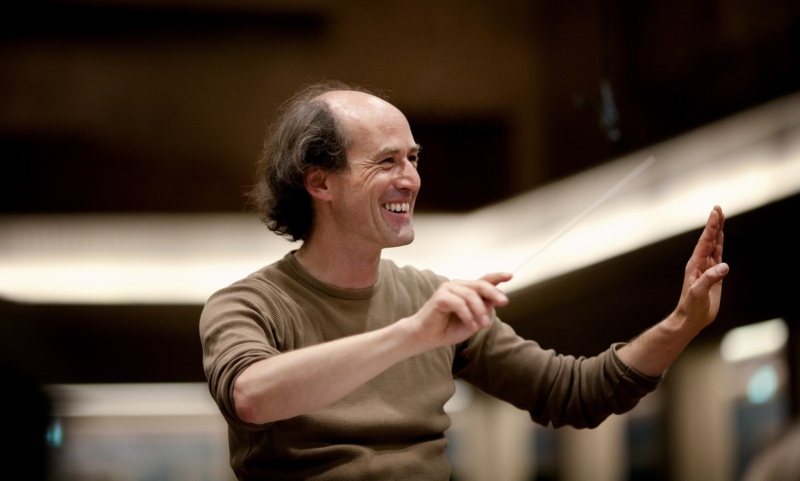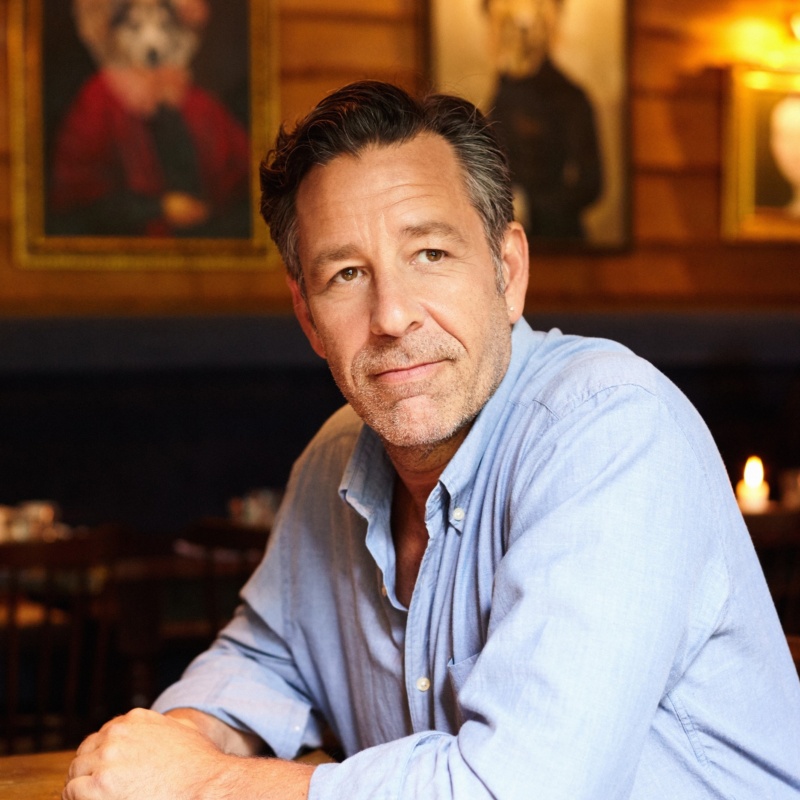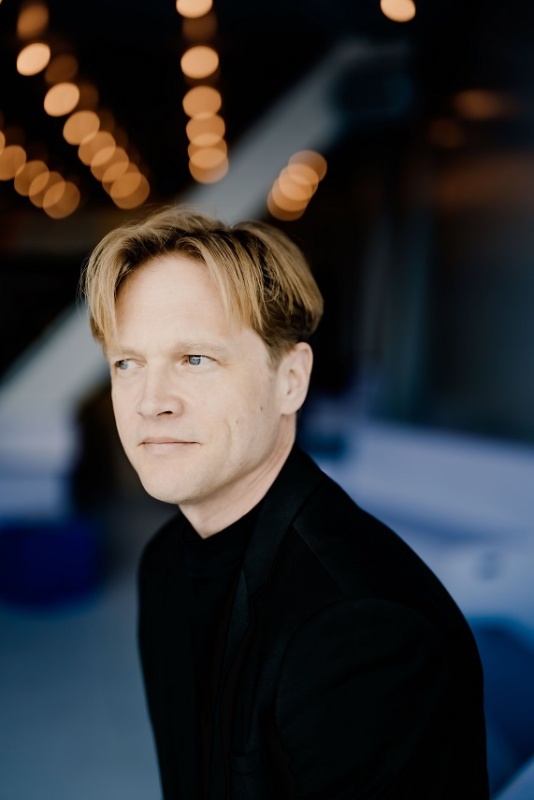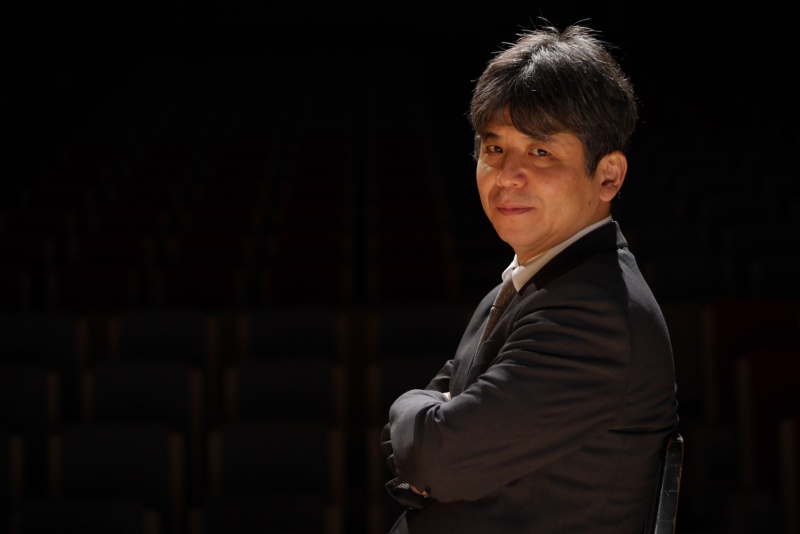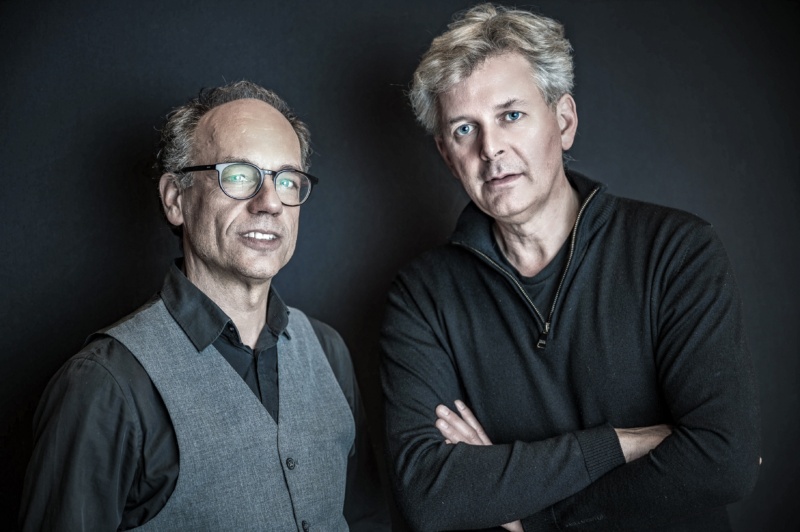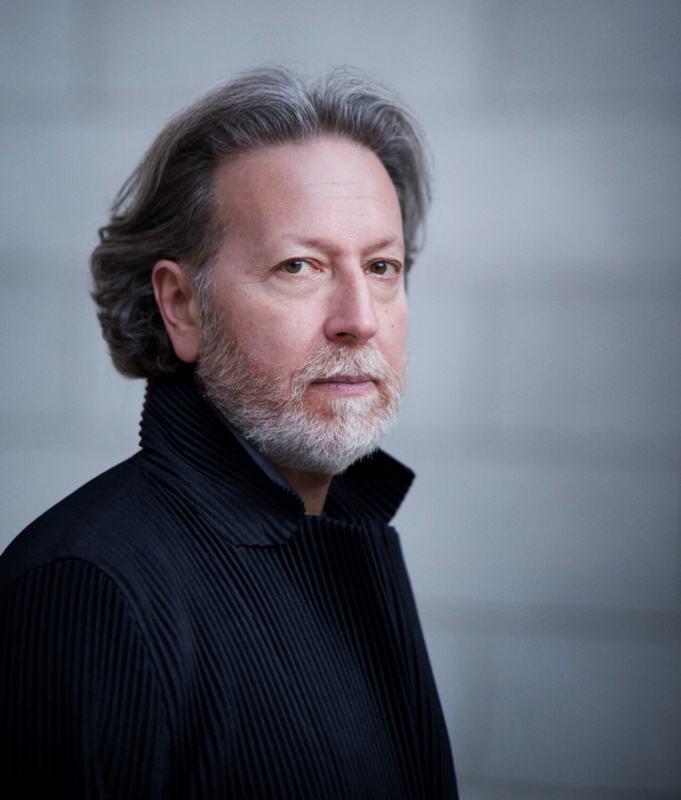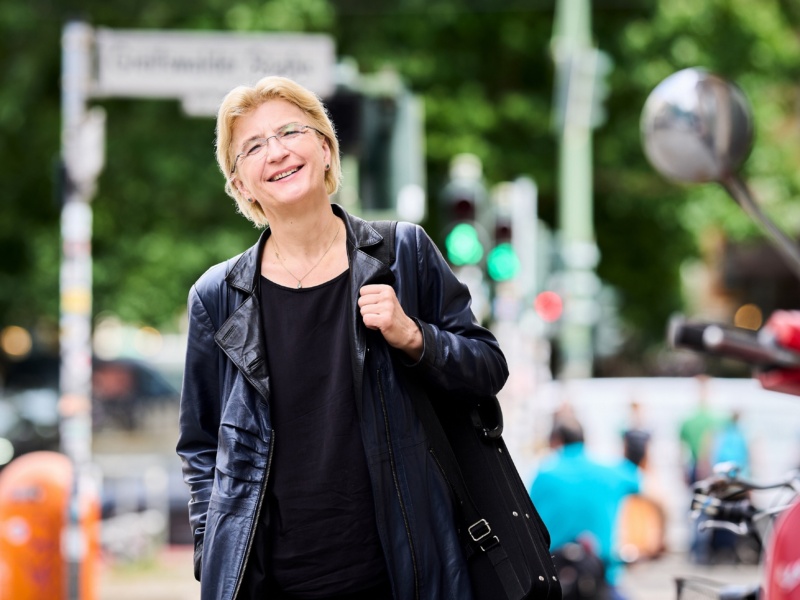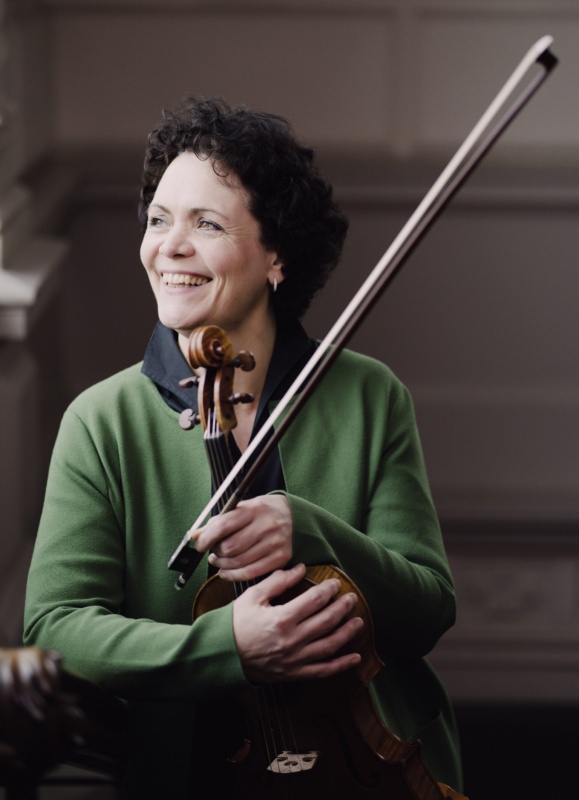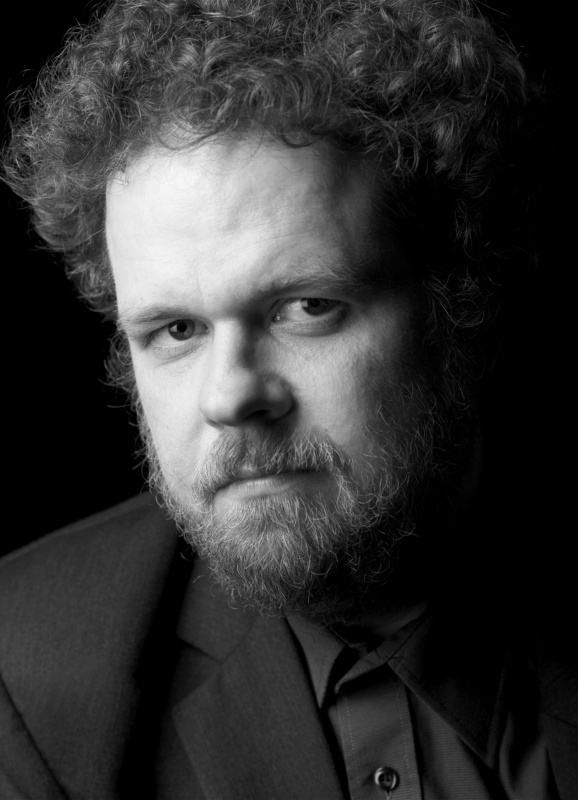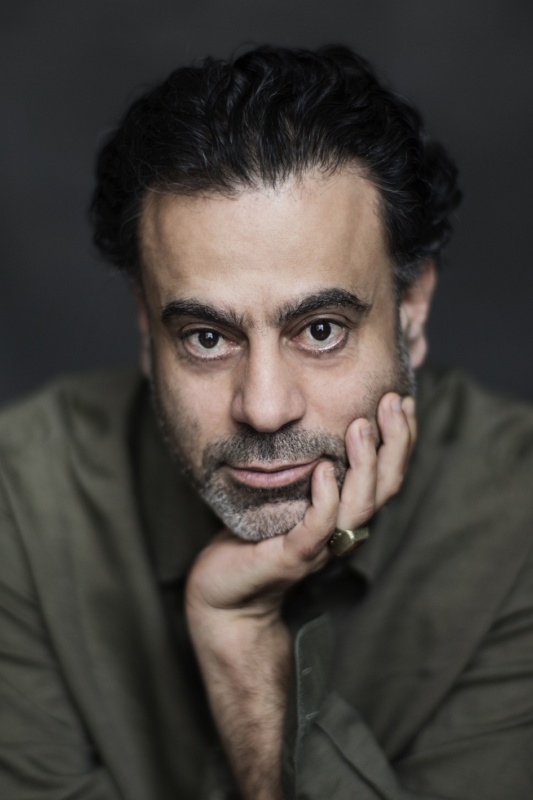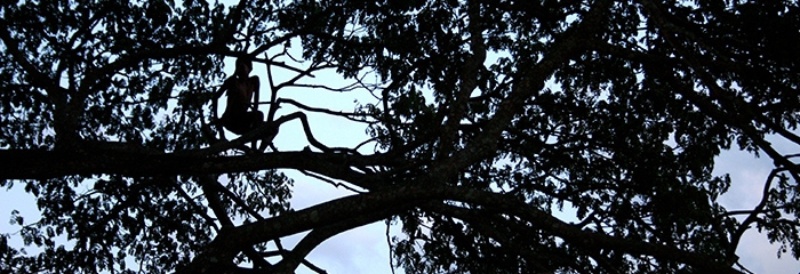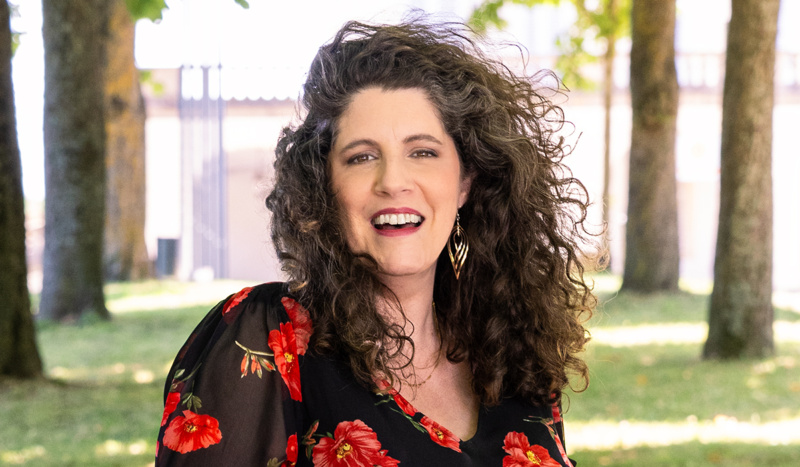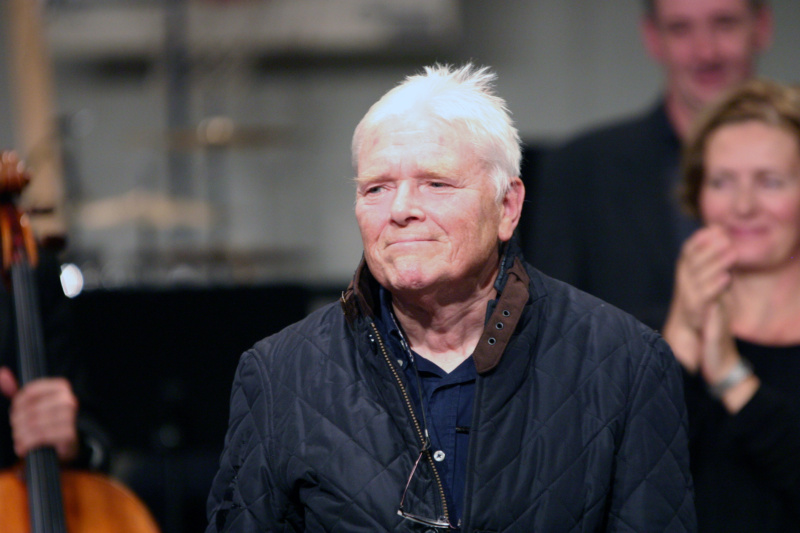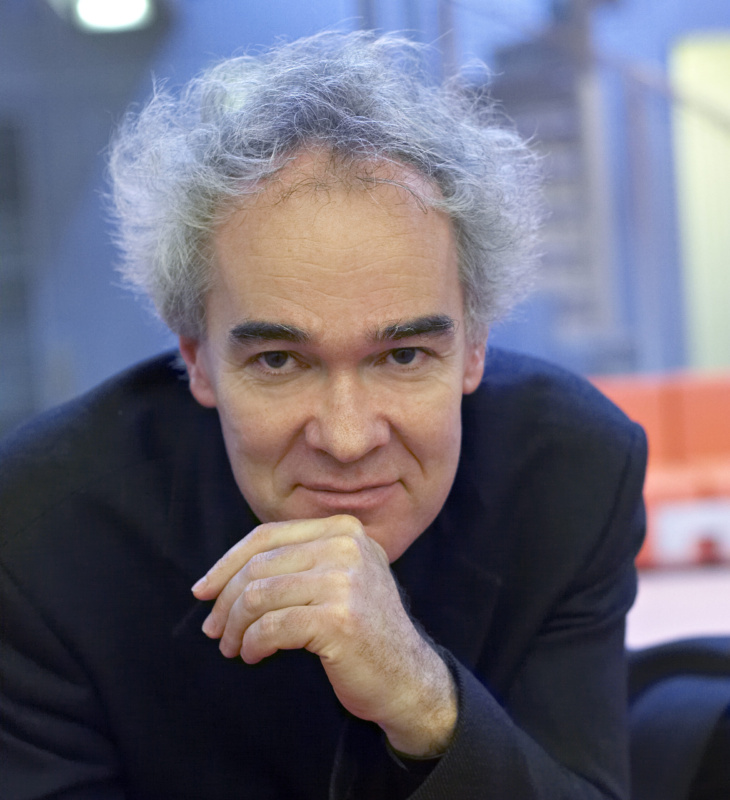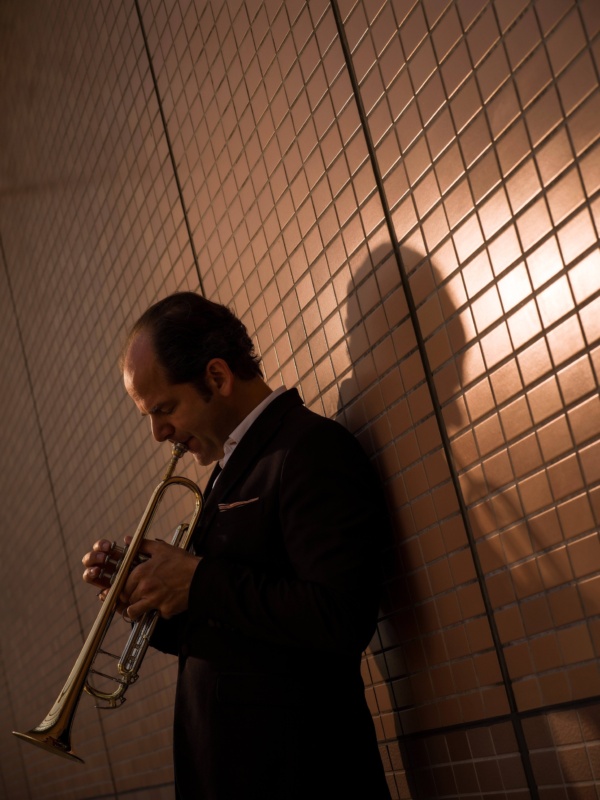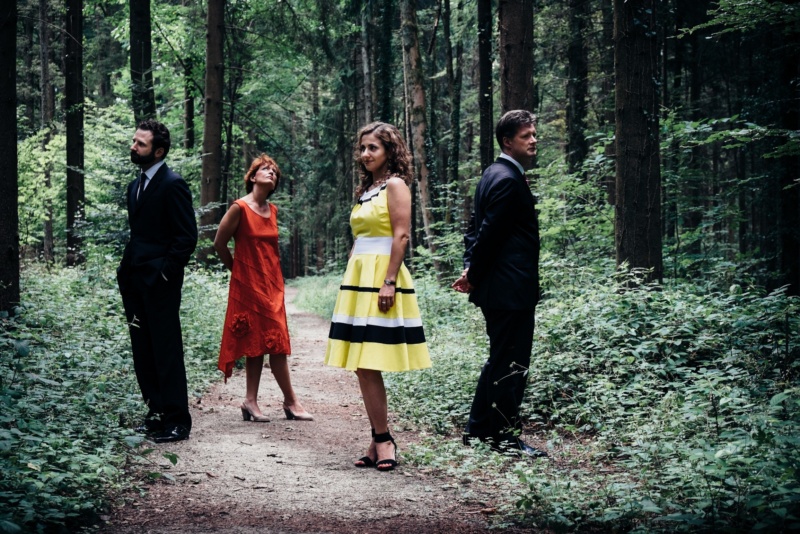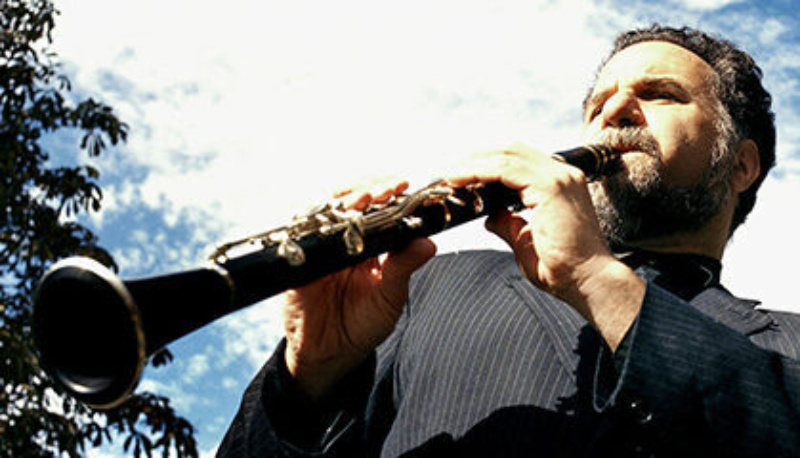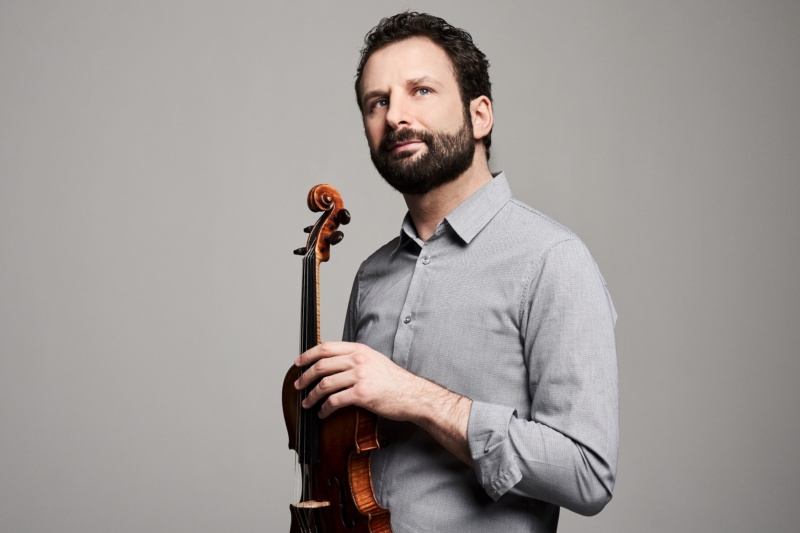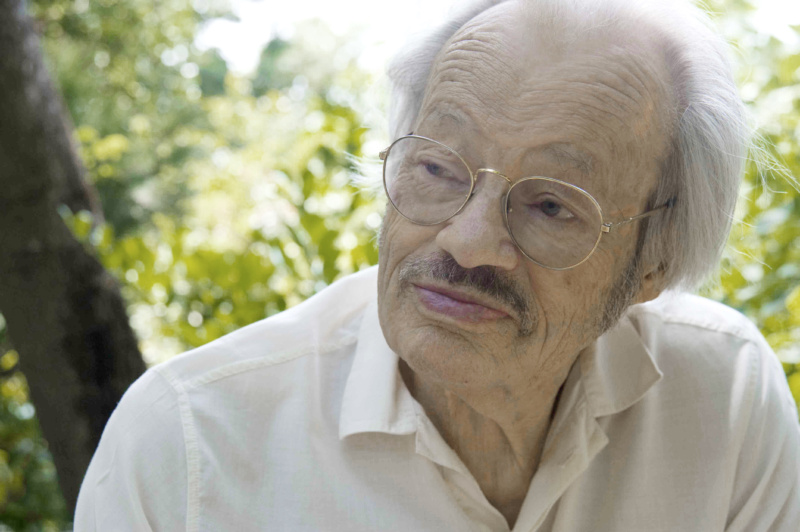“In Stromab the whole orchestra is sent like a boat down the great river in its dazzling diversity,” says Johannes Maria Staud
about his orchestral piece, premiered during the 2017/18 season by three leading
international orchestras. The world premiere was given in Copenhagen
by the Royal Danish Orchestra under Alexander Vedernikov, before the
Wiener Symphoniker under Francois-Xavier Roth gave the Austrian premiere
a few weeks later. In January 2018, Stromab found its American
premiere in Cleveland under Franz-Welser Möst, followed by further
concerts in in the US.
Ahead of the upcoming premiere, Johannes Maria Staud talked about the finished score and its relationship to Algernon Blackwood’s short story The Willows, which the composer describes as “one of the most beautiful horror stories of all time”. The conversation with Dr. Frank Reinisch is published with the kind permission of his publisher, Breitkopf & Härtel.
The most popular river composition, Smetana’s Moldau, is considered a perfect example of programme music, and a reason for this might be that this work seizes tensions, it addresses nature and history, and hence is by no means idyllic. However, in your work commentary you decidedly reject this overly concrete description. But then you speak about the whole orchestra being “sent like a boat down the great river in its dazzling diversity.” In what extent is the Danube shimmering through your score?
I rather had the abstraction of a big stream somewhere in the center of Europe in mind, a stream that, since time immemorial, in peace as in war, has been connecting innumerous cultures and languages from West to East; a stream whose wildness will in the end always remain untamable, despite all human intervention. I was absolutely aware of the mental associations with Smetana, but in the end, this was not really of importance for my process of composing. Yet even Smetana with his Moldau and the whole Ma Vlást cycle went far beyond the self-imposed rules of program music that had become fashionable at that time. For that, these symphonic poems are probably too visionary soundwise, their compositional abstractions too appealing.
The work has several segments that are provided with extremely vivid tempo markings. Those alone give rise to the image of a river, which in part is very hard to be travelled on. The adjective “wild” is used almost as a leitmotif, “viscous” is also of importance, the conjunction “with viscous wildness” (measure 40–46) seems almost like an oxymoron, and then again “poisonous” (measure 161–188) reads downright dangerous. But is it really the river which is meant here or is it rather the orchestra and its protagonists, with the conductor in the first place?
The dramaturgy of this work – hence the title – is allegoric for a journey down a stream in a small canoe which at times is at the mercy of the raging waters. You may see the orchestra and its conductor as an extremely experienced canoe team that masters dangerous and risky situations with creative verve and presence of mind and, plunge down the great stream as if there was no tomorrow.
Stromab was commissioned by three orchestras from Denmark, Austria and the United States and will be realized in the season 2017/18 by three different conductors, one of them being Franz Welser-Möst with whom you had been in touch previously. Only rarely does a newly composed work experience such a broad and prestigious reception. What do you expect from the three interpretations, each of them involving an intensive rehearsal phase?
I am already looking forward to cooperating with the different orchestras and conductors. And I am already anxious to learn how the readings, the approaches to interpretation differ from each other. Even if I try to accurately note down my inner sound visions as usual, I still need people who get into the spirit of my sound world and at the same time fill the journey along my imaginary stream with individual life. I am often surprised myself of hidden details that are brought to shine in different interpretations.
On the other hand, Stromab is a work associated with the opera Die Weiden (The Willows), which will be premiered in the Vienna State Opera in December 2018. Die Weiden is about a mystically tragic river journey of two lovers who are lost to the world. To what extent is Stromab related to the opera score that is currently being written?
Indeed, Stromab is the starting point for my opera, a focal point out of which it will be developed. The great stream, which is continuously present in the opera, is musically in the center of the orchestral work. Material from the orchestral piece will be taken up, developed further and then put into the compositional grinder. Moreover, many different ideas are added in Die Weiden which compete with the material of Stromab and which are going to collide with it. The prologue for instance is musically totally different from Stromab, while the subsequent prelude is going to refer directly to the orchestral work.
So, without the opera commission, Stromab would not have been composed like this?
That I don’t know. Stromab owes its main inspiration primarily to Algernon Blackwood’s wonderful short story “The Willows” from the year 1907, with which the opera is going to overlap only here and there, despite the title. I would have read Blackwood’s story anyway – and it would have inspired me to inventions of my own – but who knows what would have happened … It’s hard to tell.
To conclude, we are already allowed to take a peek at your continually growing opera score. The prologue has been composed, and Lea sings, when taking farewell of her parents: “Stromab (downstream) everything is easy, so easy”. This alleged easiness – that much can be revealed – is going to become dangerous, and I believe that composing Stromab was far from easy for you. A good omen?
(Laughs) The most difficult question at the end. Let me say it like this: I hope so!
Interview: Dr. Frank Reinisch, Breitkopf & Härtel, 9/2017
Stromab (2016/17) for large orchestra
Commissioned by: The Royal Danish Orchestra; The Cleveland Orchestra,
Franz Welser Möst, Music Director; Carnegie Hall; Wiener Symphoniker,
Wiener Konzerthausgesellschaft, with support from the Ernst von Siemens
Music Foundation
World Premiere
The Royal Danish Orchestra, Alexander Vedernikov
Copenhagen, The Royal Danish Opera House, 22/9/2017
